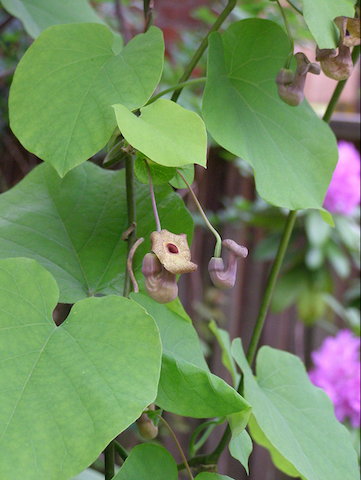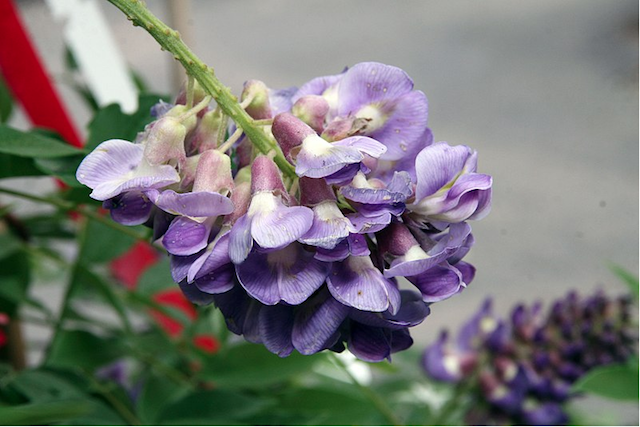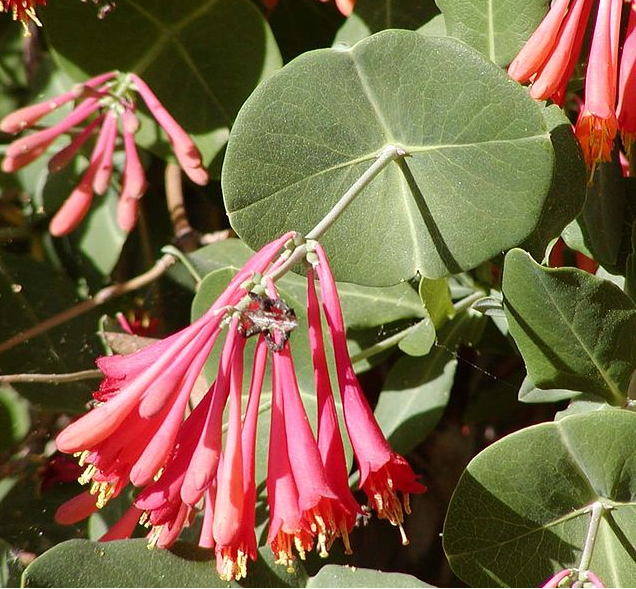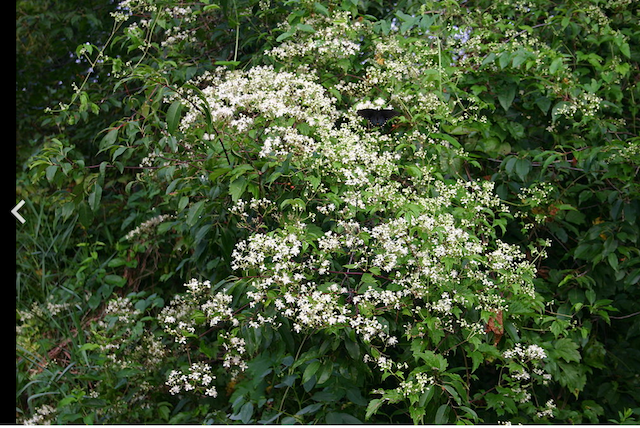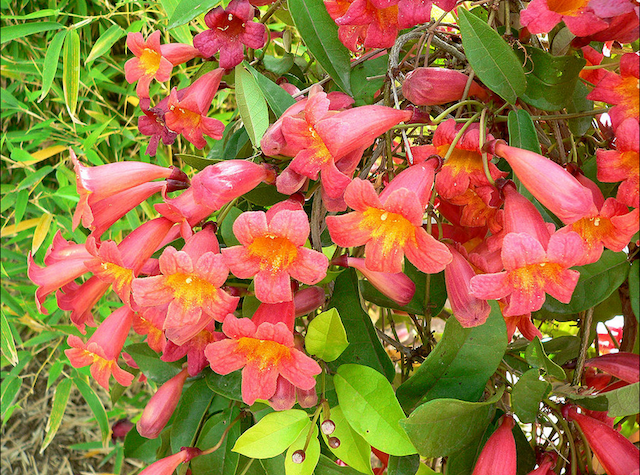February 4, 1942
The February Meeting of the Carroll Garden Club was held at the home of Miss Marie Senseny.
The meeting was opened by singing America, followed by the group reading of the Verse of the Month.
After roll call, the minutes were read and approved.
It was suggested that we be more courteous to our hostess by notifying her if we are unable to be present for the meeting.
Miss Senseny exhibited the comforter that had been pieced by members of the garden Club and put together by herself.
It was voted to give $2 to the Red Cross.
The program Flowering Vines was presented by the Uniontown Group.
Annual Vines– Mrs. Alfred Zollickhoffer
Perennial Vines–Mrs. Harry Fogle
Care of VInes–Mrs. Preston Myers
“Give Vines a Chance and They Can Enchant Your Home“–Mrs. Walter Speicher
Specimens of Vines were passed around to be identified.
After refreshments were served, the group adjourned to meet at the home of Mrs. Harry Fogle in March.
Mrs Preston Myers, President
Mary Louise K. Snyder, Secretary
*******
Here are some pictures of our native vines:
Pipevine or Dutchman’s Pipe colloquially. Many Victorian porches were festooned with this favored covering because the huge leaves lend much shade and keep out rain. This is a favorite food of our Pipevine Swallowtail.
This is the native version of the Japanese Wisteria, which we all know can become a monster to deal with.Our native has slightly smaller blooms but is less invasive and easier to manage.
Here is native Lonicera sempervirens or “Coral Honeysuckle” which many of us are familiar with through cultivars like Major Wheeler. It is beloved of hummingbirds.
Some of us have a love/hate relationship with our native clematis, note the common names of “Virgin’s Bower” versus “Devils Darning Needles”. If you have it, it does sprout up a distance from the main plant and overwhlem anything it is next to. But, it’s fragrant and has interesting seeds. Perhaps a plant best suited to a woodland garden themed area.
Our featured photo is Bignonia capreolata, also known as Crossvine. You may have seen a cultivar called “tangerine Beauty”. These can reach quite tall heights–50 feet is not unheard of_by way of tendrils tipped with “claws”. The flowers are pollinated by Ruby Throated Hummingbirds.

